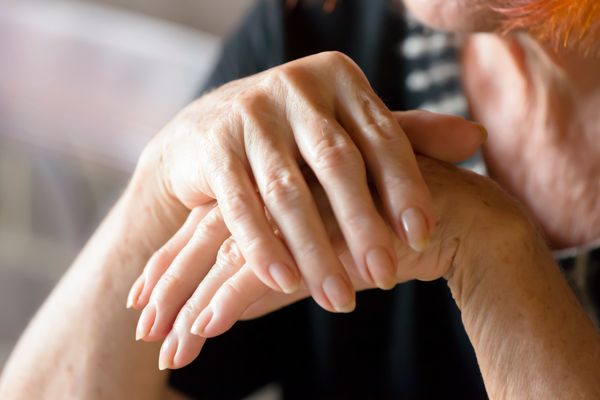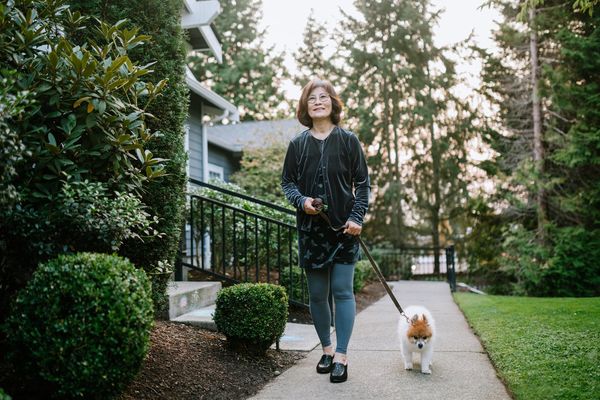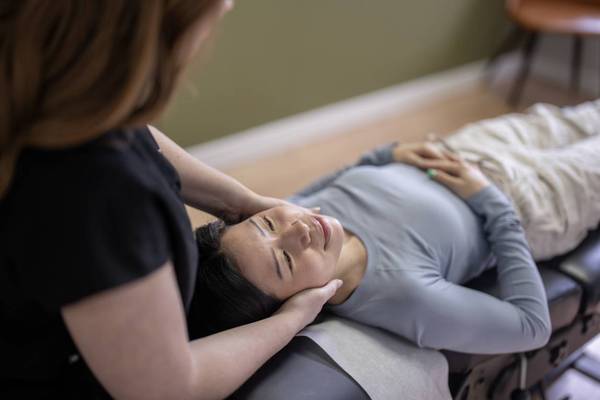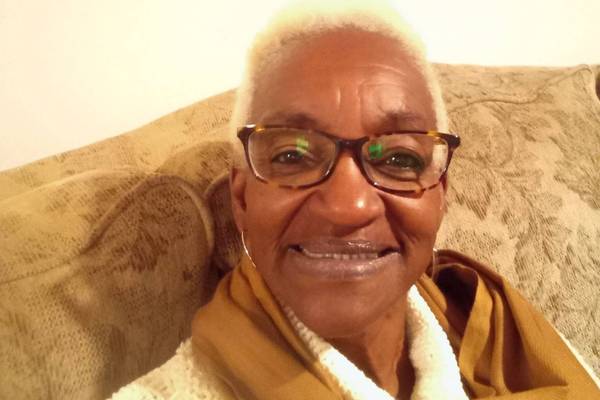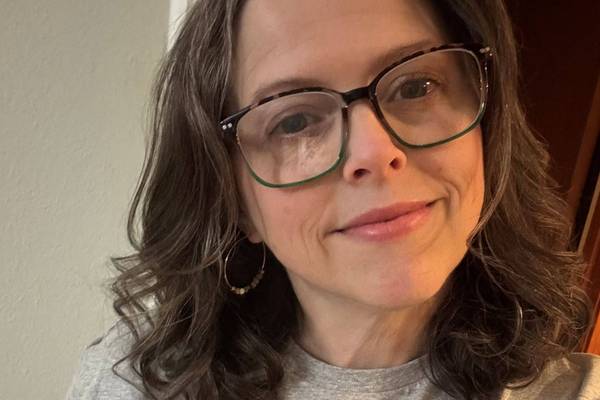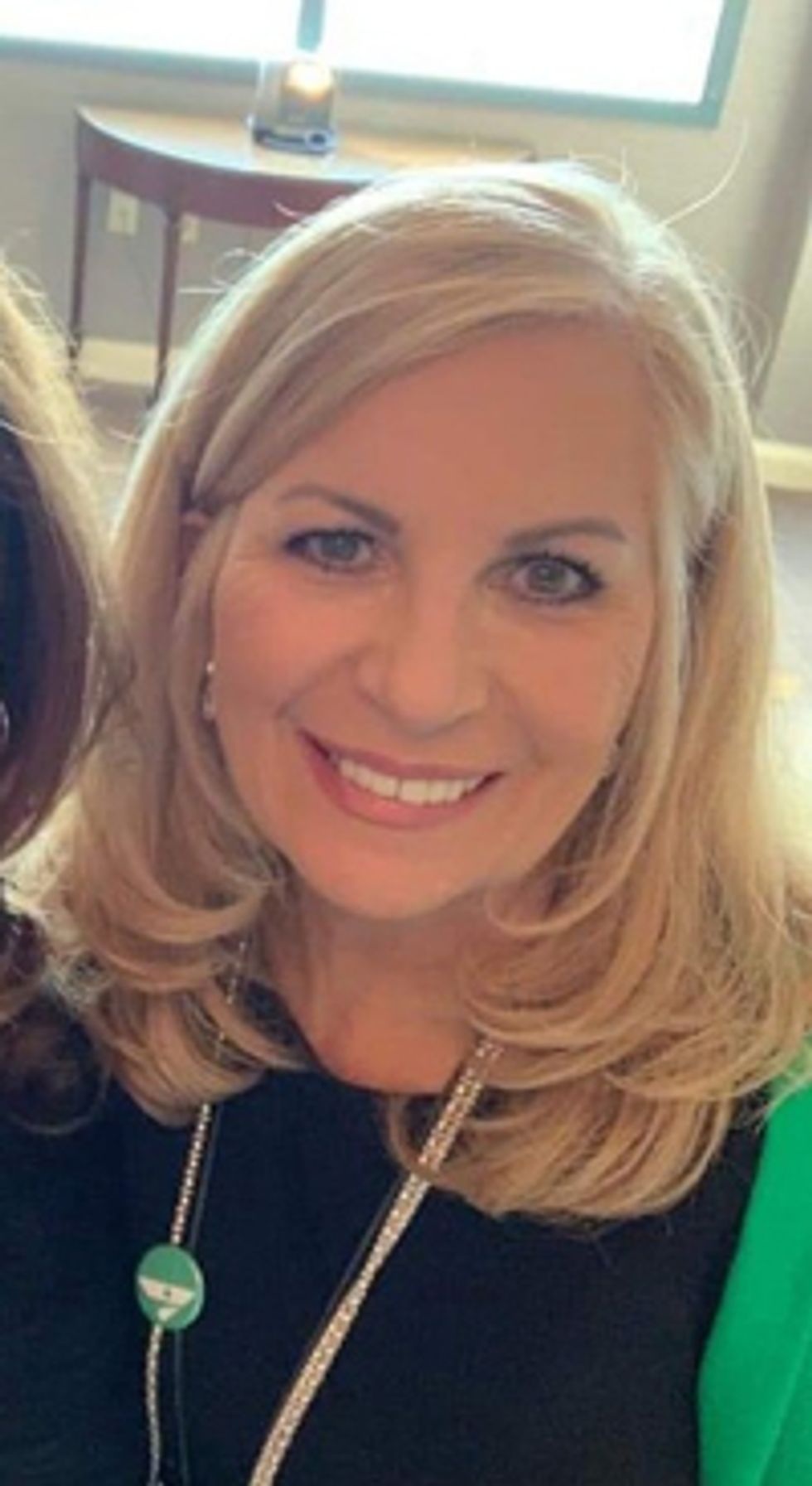
Have you ever slept in an odd position and when you woke up, your arm felt numb and you couldn't lift it? Well that's what happened to me a little more than five years ago. I went to bed feeling fine and when I woke up, I couldn't lift my arm. Except for me, the feeling didn't go away. My first thought was it must have something to do with the surgery I had years ago on my spine.
Six years before the morning with my arm, I had been lifting boxes and woke up with a stiff neck. For more than a year, I felt pain on and off. I ended up getting an MRI and once I did, I was told I needed immediate surgery to remove herniated discs in my neck. So it made sense to me that maybe my arm numbness was related to my neck issue from years earlier.
I called my spine doctor and after completing a thorough exam, he told me that it was unrelated to my surgery and he thought I may have rheumatoid arthritis. I was in disbelief. I had felt fine the day before and I didn't even feel bad the day of the appointment, other than the fact that I couldn't lift my arm! My doctor drew all the bloodwork so he could verify the diagnosis and sent me home.
A few days later, he called and told me my rheumatoid factor, an antibody found in the blood of most patients with rheumatoid arthritis, was off the charts. Normal is considered between 10 and 20 and mine was greater than 600! He suggested I visit a rheumatologist right away to get started on treatment.
At this point, I was starting to feel more and more uncomfortable and experiencing some pain. Feeling fortunate that I live in an area with great access to many specialists, I called around to get an appointment. Every doctor's office I spoke with said they could see me in August or September. It was March! How was I going to live with this pain? How was I going to work? I am a single mom with a full-time job. I couldn't wait 5 months! This was the beginning of realizing that I needed to advocate for myself and my care. I called my spine doctor back and he was able to get me in for an appointment. The rheumatologist started me on a disease-modifying anti-rheumatic drug (DMARD) and after a few adjustments, I began managing the medical aspect of my condition.
What may have been even more difficult for me, however, was managing the emotional and mental aspects of being diagnosed with an autoimmune disease at the age of 49. I started out doing exactly what you shouldn't do—googling my condition. Everything I read made me feel hopeless. On top of that, I found that every thought I had focused on my condition. I would constantly question—should I be eating this? Should I be doing different exercises? Should I try this new vitamin or supplement? Every thought I had was about rheumatoid arthritis. I remember saying to my mom that I can't wait for the day that I can say this disease is something I have, not something I am.
I looked for a support group with people to connect but found nothing in my area. I found an organization called Arthritis Introspective (who have since merged with the Arthritis Foundation) and went through training to become a facilitator of my own support group. It started with me sitting in Wegman's (my local grocery store) hoping for one person to show up and now, three years later, we have more than 100 people in our group. The connections within the group help me take power and control back into my own hands, while educating and learning to advocate for myself.
You wouldn't be able to tell by looking at me that I have rheumatoid arthritis. I work full-time, volunteer with the Arthritis Foundation, and am involved in my church. I spend time with family and friends and stay busy. Because of this, people often forget that I struggle at times. Some days I hurt more than others. Stress is a big factor in how I feel. And my flares tend to be different than other people. Rather than redness and pain in my joints, I feel extremely exhausted, like I'm coming down with the flu. If I'm very busy during the week, I need to take the weekend to recharge my battery. I no longer feel guilty if I stay in my pajamas or cancel plans. I'm constantly learning how to manage my time and my energy reserves.
In the autoimmune world, you often hear about the spoon theory. You start out with a certain amount of spoons each morning and you have to think about how you'll use your spoons. If you have 15 spoons, it may take one spoon to get out of bed, two spoons to take a shower, another spoon to dry your hair, four spoons to go to work, and so on. My spoons are not endless like maybe someone who is healthy. I've learned to manage my spoons. If I work late two nights in one week, I know that I will have no spoons left for the weekend to socialize. It's a daily struggle to balance what I can and can't do.
I decided early on that I was not going to let this disease take over. I changed my diet, I found exercise that worked for me, and I found support. I am a platinum ambassador for the Arthritis Foundation, the leader of a top fundraising team for the Walk to Cure Arthritis, and the incoming board chair for our local leadership board. I tell people that the number one thing they need to do is to find their tribe and get connected. Not everyone in your tribe has to have arthritis, but they all have to understand that you are going to have bad days and good days. And your tribe should support you when you are struggling AND when you are celebrating!
After five years, I can finally say that rheumatoid arthritis is something I have, not something I am.


